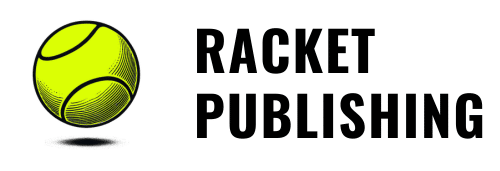It is a chilly evening in November 2008. I’m getting in my miles on a treadmill after work in a gym near my New Jersey home. During the day, I’m consulting in NYC. The rest of the time, I’m in the midst of writing my first book. Suddenly, a thought occurs to me about how my work as an IT consultant reminds me of one of my favorite Pulp Fiction scenes (NSFW). I pause the treadmill, get off, approach the front desk, ask the attendant for a pencil and paper, and jot down a note. I then resume my run.
I had just followed one of the two cardinal rules of writing books: Get it down before it gets away.
I won’t take credit for it. Far from it. I learned of the rule from Rush drummer, lyricist, avid motorcyclist, and author Neil Peart. I doubt that he invented the maxim, but the polymath strictly abided by it. The Professor would often pull over during his extensive bike rides to ensure that he didn’t lose a particularly salient thought or observation.
These days, I still regularly hit the treadmill, but my mid-exercise note-taking process has evolved since its early days. Tech has replaced paper. I just ask Siri to remind me when I get home of a book-related idea. It does, despite the occasional misinterpretation of my rapid-fire words. I’m confident that I won’t forget a key concept, source, or edit that I want to make to a book when I get home. I waste zero energy trying to remember what I was thinking a few hours ago—and so should you.
Channeling My Inner Voltaire
The French philosopher M. de Voltaire once famously said, “The perfect is the enemy of the good.”
Peart’s and Voltaire’s words serve as solid starting points for the journey that lies ahead.
I tell wannabe writers to crochet those words on a pillow and put it on their sofas. To be sure, there’s a time for editing, but trying to craft the perfect sentence, paragraph, and the like is often a bottleneck that interferes with flow state. To this end, some writers temporarily disable the Delete keys while working using KeyTweak and other apps.
Put your ideas and words down and then return to them.
What Authors Can Learn From Accountants and Payroll Managers
What You Need to Know
Writing a compelling text involves much more than following a few useful but fairly obvious bromides. At a minimum, you should minimize the passive voice, liberally incorporate stories and data into your book, and avoid horrendous sentences. Still, both Peart’s and Voltaire’s words serve as solid starting points for the long but rewarding journey that lies ahead.


 I won’t take credit for it. Far from it. I learned of the rule from Rush drummer, lyricist, avid motorcyclist, and
I won’t take credit for it. Far from it. I learned of the rule from Rush drummer, lyricist, avid motorcyclist, and 
0 Comments